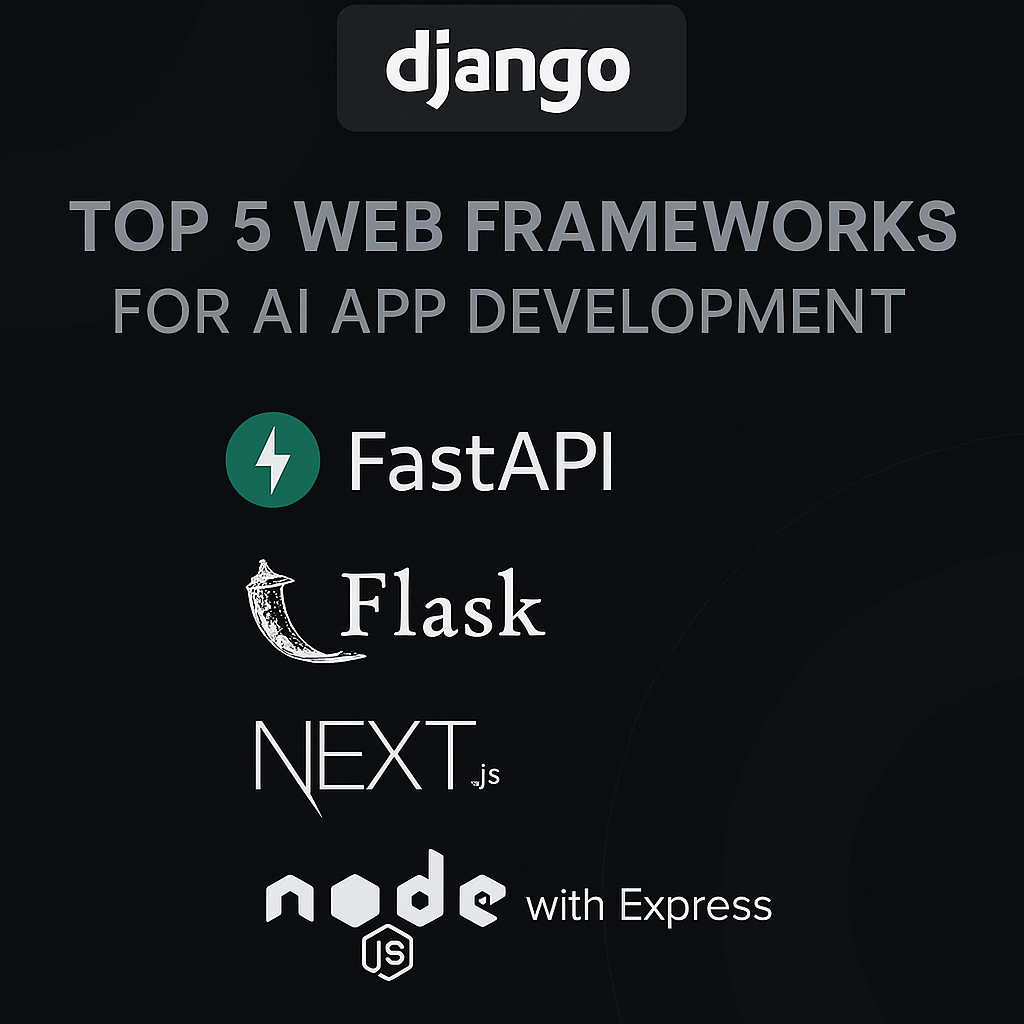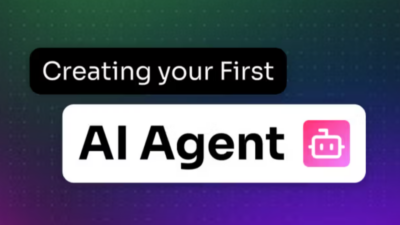Meta Platforms Inc. is facing a wave of criticism following its recent integration of artificial intelligence into WhatsApp. The backlash primarily centers around the introduction of Meta AI, an in-app assistant that has been added to the top of users’ chat lists—whether they like it or not.
What’s New?
WhatsApp, the world’s most popular messaging app with over 2 billion users, rolled out Meta AI earlier this year as part of Meta’s broader strategy to embed generative AI across its platforms. The AI assistant can help with tasks such as answering questions, drafting messages, summarizing text, and even generating images.
However, many users have taken to social media and online forums to express frustration over the prominent placement of Meta AI within the app. The assistant now appears just above the user’s most recent chats, occupying prime screen space even for those who never use it.
User Concerns
The backlash has been swift and vocal. Complaints range from privacy concerns to user experience disruption:
- Privacy fears: Users worry that the integration of an AI assistant could increase the collection of personal data, even though Meta has assured that end-to-end encryption remains in place.
- Intrusiveness: Many are annoyed that Meta AI cannot be removed or hidden, calling it an unnecessary intrusion into an otherwise clean, purpose-driven messaging platform.
- Lack of choice: The inability to opt out of the AI integration without disabling key app functions has particularly drawn criticism.
“I use WhatsApp to talk to family and friends. I don’t need an AI assistant sitting on top of my chats,” one user commented on Reddit.
Meta’s Response
In response to the backlash, Meta has emphasized that Meta AI is still in early testing in several regions and that user feedback is being actively considered. The company insists that the assistant does not compromise message privacy and that it will refine the feature based on global feedback.
A Meta spokesperson stated:
“Meta AI is designed to enhance the messaging experience—not replace it. We’re working to ensure the feature is useful, respectful of user preferences, and consistent with our privacy commitments.”
What’s Next?
As Meta continues to double down on its AI-first future, it faces a balancing act between innovation and user trust. While AI tools offer enhanced functionality, Meta must navigate growing concerns about digital overreach and user autonomy—especially on platforms like WhatsApp that are traditionally seen as personal, secure, and minimal.
Whether Meta will adjust its approach or double down on its AI integration strategy remains to be seen. One thing is certain: users are watching closely.
What are your thoughts on WhatsApp’s new AI features? Let us know in the comments below. 👇



